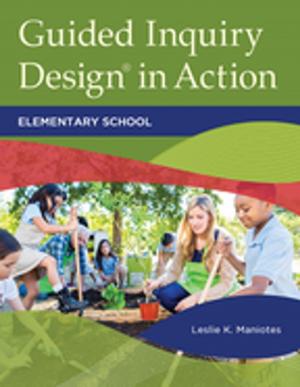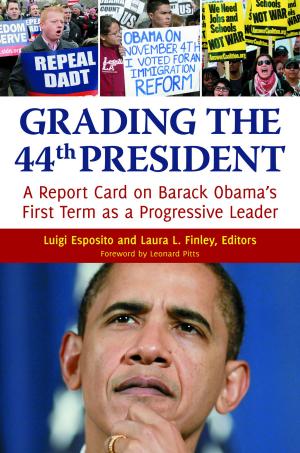The Holocaust: An Encyclopedia and Document Collection [4 volumes]
Nonfiction, History, Jewish, Holocaust| Author: | ISBN: | 9781440840845 | |
| Publisher: | ABC-CLIO | Publication: | September 15, 2017 |
| Imprint: | ABC-CLIO | Language: | English |
| Author: | |
| ISBN: | 9781440840845 |
| Publisher: | ABC-CLIO |
| Publication: | September 15, 2017 |
| Imprint: | ABC-CLIO |
| Language: | English |
The Holocaust that occurred during World War II remains one of the deadliest genocides in human history, with an estimated two-thirds of the 9 million Jews in Europe at the time being killed as a result of the policies of Adolf Hitler and Nazi Germany. The Holocaust: An Encyclopedia and Document Collection provides students with an all-encompassing resource for learning about this tragic event—a four-book collection that provides detailed information as well as multidisciplinary perspectives that will serve as a gateway to meaningful discussion and further research.
The first two volumes present reference entries on significant individuals of the Holocaust (both victims and perpetrators), anti-Semitic ideology, and annihilationist policies advocated by the Nazi regime, giving readers insight into the social, political, cultural, military, and economic aspects of the Holocaust while enabling them to better understand the Final Solution in Europe during World War II and its lasting legacy. The third volume of the set presents memoirs and personal narratives that describe in their own words the experiences of survivors and resistors who lived through the chaos and horror of the Final Solution. The last volume consists of primary documents, including government decrees and military orders, propaganda in the form of newspapers and pamphlets, war crime trial transcripts, and other items that provide a direct look at the causes and consequences of the Holocaust under the Nazi regime. By examining these primary sources, users can have a deeper understanding of the ideas and policies used by perpetrators to justify their actions in the annihilation of the Jews of Europe.
The set not only provides an invaluable and comprehensive research tool on the Holocaust but also offers historical perspective and examination of the origins of the discontent and cultural resentment that resulted in the Holocaust—subject matter that remains highly relevant to key problems facing human society in the 21st century and beyond.
The Holocaust that occurred during World War II remains one of the deadliest genocides in human history, with an estimated two-thirds of the 9 million Jews in Europe at the time being killed as a result of the policies of Adolf Hitler and Nazi Germany. The Holocaust: An Encyclopedia and Document Collection provides students with an all-encompassing resource for learning about this tragic event—a four-book collection that provides detailed information as well as multidisciplinary perspectives that will serve as a gateway to meaningful discussion and further research.
The first two volumes present reference entries on significant individuals of the Holocaust (both victims and perpetrators), anti-Semitic ideology, and annihilationist policies advocated by the Nazi regime, giving readers insight into the social, political, cultural, military, and economic aspects of the Holocaust while enabling them to better understand the Final Solution in Europe during World War II and its lasting legacy. The third volume of the set presents memoirs and personal narratives that describe in their own words the experiences of survivors and resistors who lived through the chaos and horror of the Final Solution. The last volume consists of primary documents, including government decrees and military orders, propaganda in the form of newspapers and pamphlets, war crime trial transcripts, and other items that provide a direct look at the causes and consequences of the Holocaust under the Nazi regime. By examining these primary sources, users can have a deeper understanding of the ideas and policies used by perpetrators to justify their actions in the annihilation of the Jews of Europe.
The set not only provides an invaluable and comprehensive research tool on the Holocaust but also offers historical perspective and examination of the origins of the discontent and cultural resentment that resulted in the Holocaust—subject matter that remains highly relevant to key problems facing human society in the 21st century and beyond.
![Cover of the book The Holocaust: An Encyclopedia and Document Collection [4 volumes] by , ABC-CLIO](https://www.kuoky.com/images/2017/september/500x500/9781440840845-c6dB_500x.jpg)
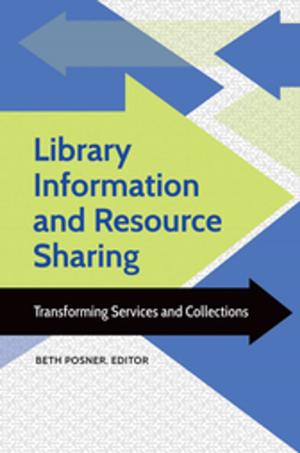
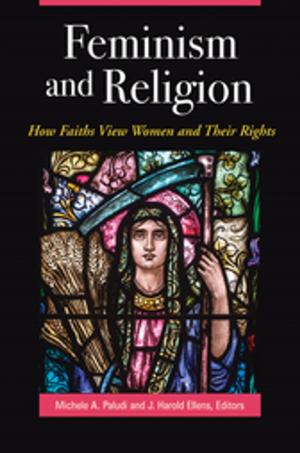
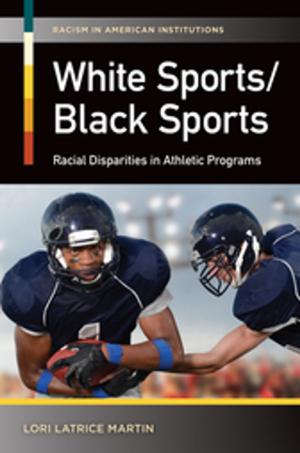
![Cover of the book Women in Sports: Breaking Barriers, Facing Obstacles [2 volumes] by](https://www.kuoky.com/images/2017/july/300x300/9781440851254-MJef_300x.jpg)
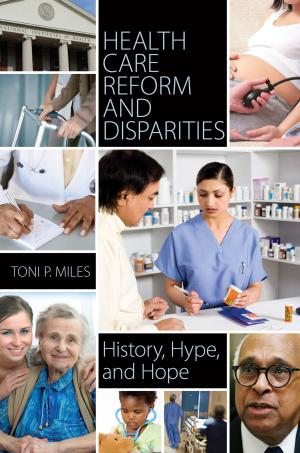


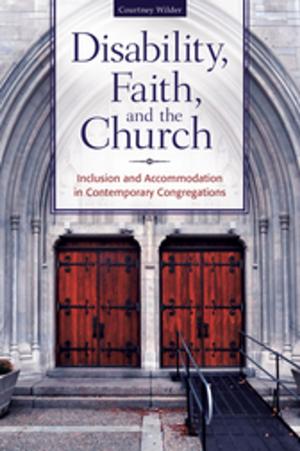
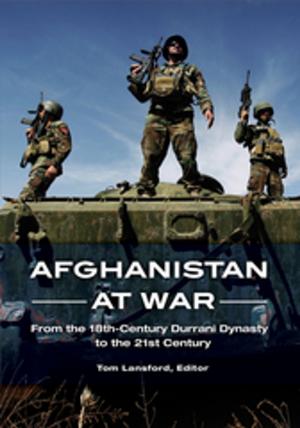
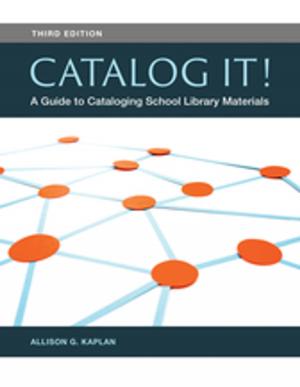
![Cover of the book The Electronic Church in the Digital Age: Cultural Impacts of Evangelical Mass Media [2 volumes] by](https://www.kuoky.com/images/2015/november/300x300/9781440829918-DunR_300x.jpg)
